The Lucy Letby case and the implications of a new international report
This is not a paediatric Journal but we have an interest in all areas of medical practice and its social consequences. The committal of a member of another caring profession (a nurse) for life in prison without release, after being found guilty of murder and attempted murder, raises many questions but most of all depends on incontrovertible evidence pointing to guilt with absence of reasonable doubt. However, an international expert panel’s recently-published Report on the case of Lucy Letby1 may be taken to indicate reasonable doubt in that case. Lucy Letby was convicted in England of the murder or attempted murder of 14 neonates, in two trials in the UK that ended in 2023.2 The deaths occurred between June 2015 and June 2016 in Letby’s workplace at the Countess of Chester Hospital (CoCH) Neonatal Unit, Cheshire, England. Letby was given 15 whole-of-life prison sentences. The murders were allegedly committed mainly
